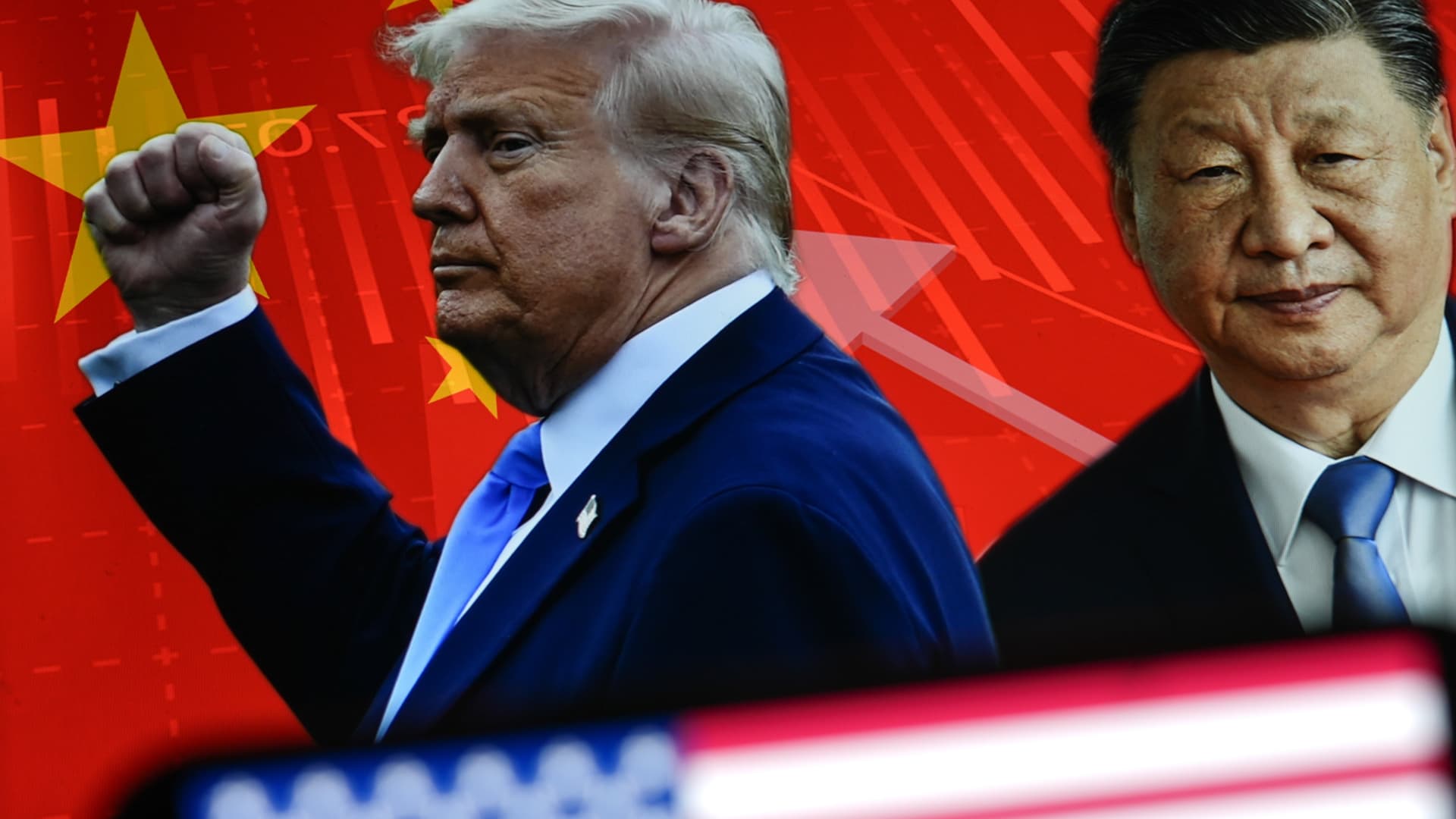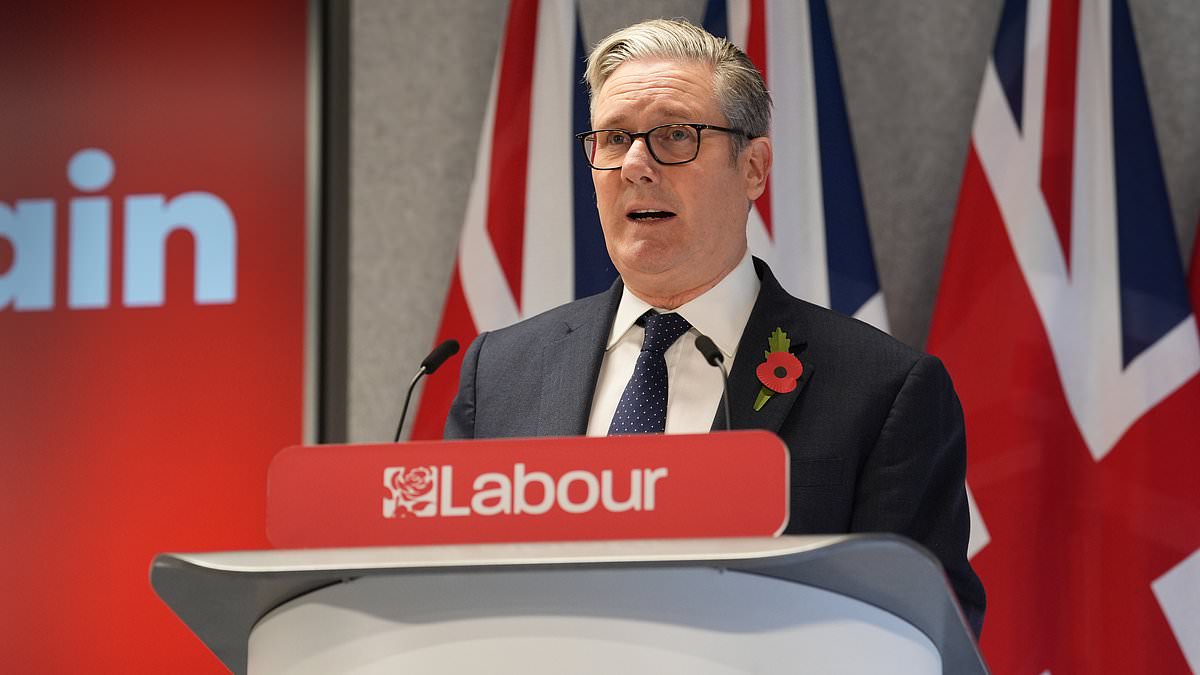Copyright CNBC

The meeting between U.S. President Donald Trump and Chinese Premier Xi Jinping in Busan, South Korea on Thursday yielded a raft of fresh agreements , including on rare earth minerals, fentanyl and soybeans. Investors are now keeping tabs on what the meeting — rated a "12" out of 10 by Trump — could mean for their portfolio positioning in the coming days and weeks. Chip stocks A key outcome of Thursday's discussions will see China halt export restrictions on its rare earths and magnets for one year, with the deal set to be renegotiated on an annual basis. This offers a degree of clarity on supplies of the critical minerals, which are an essential component in the semiconductors underpinning the AI boom. While the news boosted U.S. rare earth stocks on Thursday, Citi cautioned that, "regarding chips, the positive news may not shift China's determination on tech self-sufficiency, which the 15 th Five-Year Plan just reiterated." "The details and implementation of the agreements are important things to watch ahead," Citi's economists wrote in a note Thursday. "The positive headlines are a sentiment relief in our view ... We see downside risks to the bilateral relationship better contained for the medium term with President Trump to visit China next April." Defense Another sector of interest is the defense sector. Rare earths are also vital components in weapons such as missiles, and the lifting of supply restrictions could herald cheaper costs and enhanced manufacturing capacity for arms manufacturers. Trump also said Thursday that he had instructed the Pentagon — rebranded as the "Department of War" — to resume nuclear testing. "The United States has more Nuclear Weapons than any other country ... Russia is second, and China is a distant third, but will be even within 5 years. Because of other countries testing programs, I have instructed the Department of War to start testing our Nuclear Weapons on an equal basis. That process will begin immediately," Trump said in a post on his Truth Social platform . However, Deutsche Bank analysts highlighted how Trump and Xi agreed to cooperate more closely on issues concerning the Ukraine war, a development which could in fact cool investor demand for exposure to the defense sector if the collaboration hastens an end to the conflict with Russia. Short gold? Gold has been steadily retreating from the all-time highs of more than $4,000 per ounce reached earlier in October, and the pause in trade hostilities between the U.S. and China could accelerate the precious metal's downward trajectory. Citi analysts see Trump's shift toward dealmaking — not only in the form of Thursday's agreement with China, but potential in future pacts with Brazil and India — as possibly driving gold lower in the coming days and weeks. "We downgrade our gold 0- to 3-month target to $3,800/oz (from $4,000/oz)," Citi analysts said in a note. Gold futures were 0.34% lower on Thursday, at $3,986.40 an ounce. @GC.1 5D mountain Gold futures. China plays A lasting agreement on lower tariffs would likely bolster a recovery in China's 2026 exports to the U.S., even as they're projected to slow down during the fourth quarter of this year. Despite this slump, China's exports to the rest of the world "more than offset the weakness," Citi noted, and this could provide an opportunity for investors. "Investor focus often centres on Washington-Beijing relations. Yet China's diversification of trade partners tells a different story," said Wenchang Ma, China equities portfolio manager at global investment manager Ninety One. Ma noted how growing investments across Southeast Asia and other emerging markets highlight the importance of China within global value chains, adding that U.S. exports no w make up just 14% of China's total, down by more than a quarter over the past decade. "For investors, China's trajectory will be shaped less by U.S. politics and more by domestic reform and regional integration — factors best assessed through long-term fundamental analysis." Soybeans Thursday's deal will also see China agree to resume its purchases of U.S. soybeans, a measure likely to provide a shot in the arm for the sector Stateside. Soybeans have emerged as a major flashpoint in the U.S.-China trade war this year, with the People's Republic eschewing American-grown soybeans in favor of imports from South America. That, in turn, has led to lower prices for the U.S. product, denting soybean farmers' earnings. The state-owned China Oil and Foodstuffs Corporation — the nation's biggest food processor and manufacturer — has reportedly resumed imports already, with Reuters saying the state-owned company has bought 180,000 tons of U.S. beans for shipment in December and January. Soybean prices have risen in recent days amid optimism ahead of the talks. "We expect soybean prices to rise through 2026, reaching $11.70/bu [per bushel] in the later part of the year," Morgan Stanley analysts wrote in a note Monday ahead of the Trump-Xi talks. "A faster agreement between China and the U.S. could accelerate CBOT price movements and compress premiums elsewhere."



